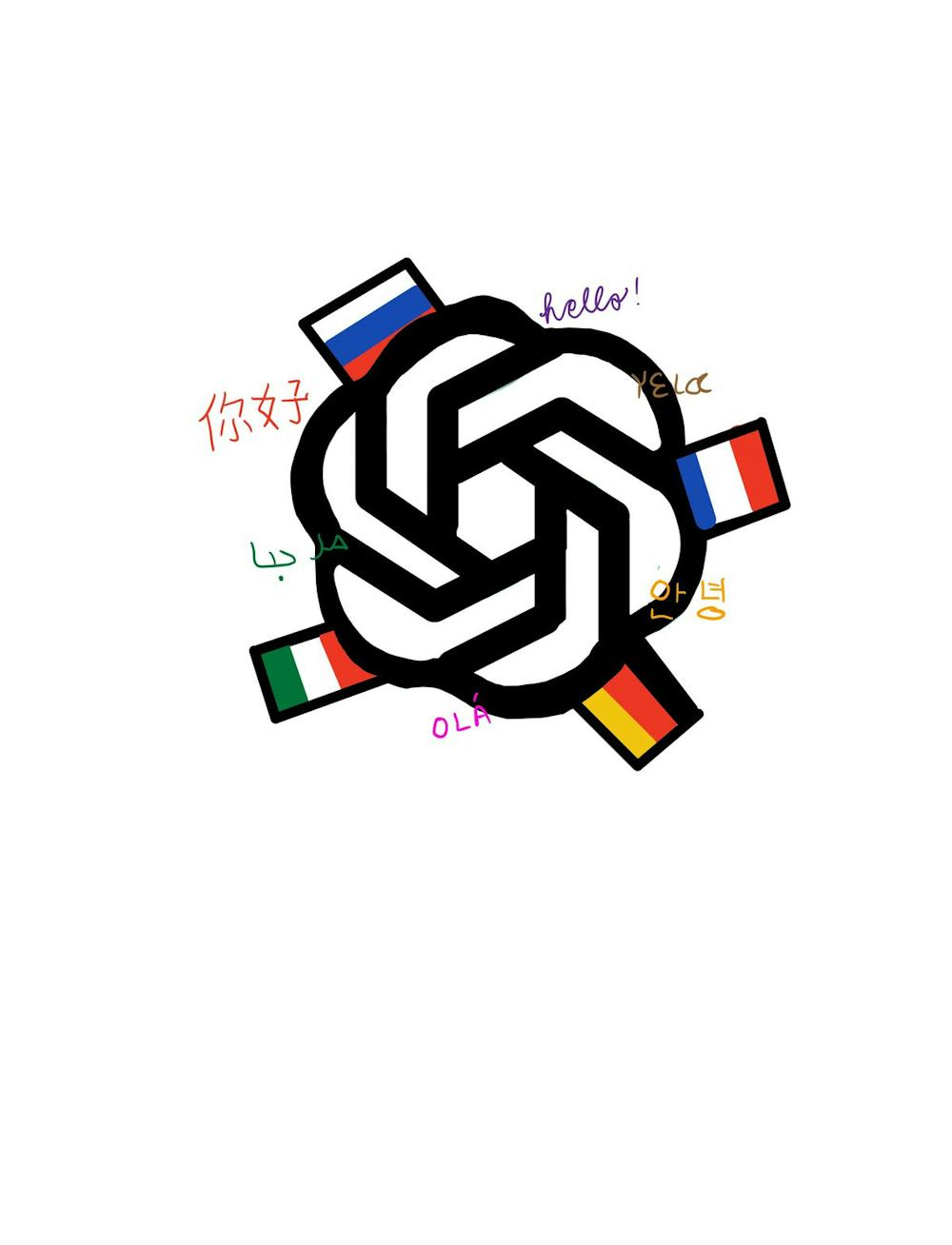ChatGPT, a chatbot developed by OpenAI, has made headlines for its ability to generate academic essays, created discourse on university campuses about academic dishonesty and plagiarism policies.
The Herald spoke with three international students at Brown, for whom ChatGPT is not only a subject of discussion on campus but also generates different opinions back home.
“Everyone knows about (ChatGPT),” said Daniel Kang ’25, who is from South Korea. He added there had been “a lot” of news generated about ChatGPT there, with lots of discussion about how the program could impact software development.
“People are very receptive to new technology (in South Korea), even if it’s going to disrupt their original lifestyle,” Kang said.
Online, Kang has seen memes showcasing “funny responses by ChatGPT” because it doesn’t understand South Korean popular culture. While the AI service understands many U.S. popular culture references, “if you ask about any Korean humor or memes it doesn’t know, it interprets it very seriously,” he said.
But in the U.S., Kang says the ethics of ChatGPT are taken “a bit more seriously.”
For Fope Akinyede ’26, concerns about ChatGPT in terms of academic integrity are different at home in the U.K. than in the U.S. due to differences in the countries’ education systems. “Our education system doesn’t really allow cheating (through ChatGPT) … because we have exams” rather than coursework and essays, she said.
According to Rice Wang ’25, the “mainstream” is still testing out ChatGPT in China even though he has seen some videos discussing how it might influence people’s careers.
“My understanding of (ChatGPT in China) all comes from short videos” online, said Wang, adding that there has been an increase in posts recently.
Wang added that he hasn’t seen “a lot of news” about ChatGPT in China, though he has seen content in which people interact with the AI and discuss “the future of computer science students” on TikTok and Instagram.
“I think people in China don’t see ChatGPT as a great tool that is developed for serious purposes, but more for entertainment,” Wang said.
Akinyede says there has been “quite a bit” of news generated about ChatGPT in the U.K. — especially in relation to government and education — since the beginning of this year. She has also discussed ChatGPT with her friends who attend university in the U.K.
“I don’t think any of their universities have actually come to give official statements about the use of it,” said Akinyede. She added that she was “kind of surprised” by the lack of acknowledgement of ChatGPT because her friend studies humanities and often writes essays.
She also mentioned how this contrasts with her experience at Brown, where she sees “a huge worry about ChatGPT.”
Wang, who studies applied math and computer science, has encountered discussions about ChatGPT in some of his courses. One of his computer science professors “talked about the use of ChatGPT in the first lecture,” he said. “I’ve also heard that other Brown students … (in) non-STEM courses had professors (who) talked about (how they) shouldn’t use ChatGPT.”
Kang says the topic comes up more frequently when he is in the U.S., as it is discussed “more in academic settings … especially because I am a STEM major.” He added that these discussions are happening “especially (among) CS students doing machine learning” due to ChatGPT’s programming abilities.
When Kang returned to South Korea over winter break, the topic came up in casual conversations. He and his friends discussed “how after we graduate we don’t know how the world’s gonna be,” he said.
Kang added that to him, the lack of control over AI is “a bit of a concern,” and that “we need to have more control over it before it develops further.”
But Kang has also had the opportunity to “have fun with” ChatGPT and has tried “to play around with it.” When he was rushing Alpha Delta Phi, potential members “had to write a sonnet and could just ask ChatGPT to write a sonnet about a specific topic,” he said.
Akinyede’s overall impressions of the chatbot were positive. “I’m just really fascinated by it. … I showed my parents (and) they were amazed,” Akinyede said, though she does “understand the concern about it.”
Wang, who is interested in artificial intelligence, said he has seen a lot of content about ChatGPT generated by “people who don’t actually know that much” about AI, explaining he thought concerns may be overblown.
“It could definitely help you get a good grade, but in terms of essays and creativity it won’t really overpower people,” Wang said.
Indigo Mudbhary is a University news senior staff writer covering student government. In her free time, she enjoys running around Providence and finding new routes.





